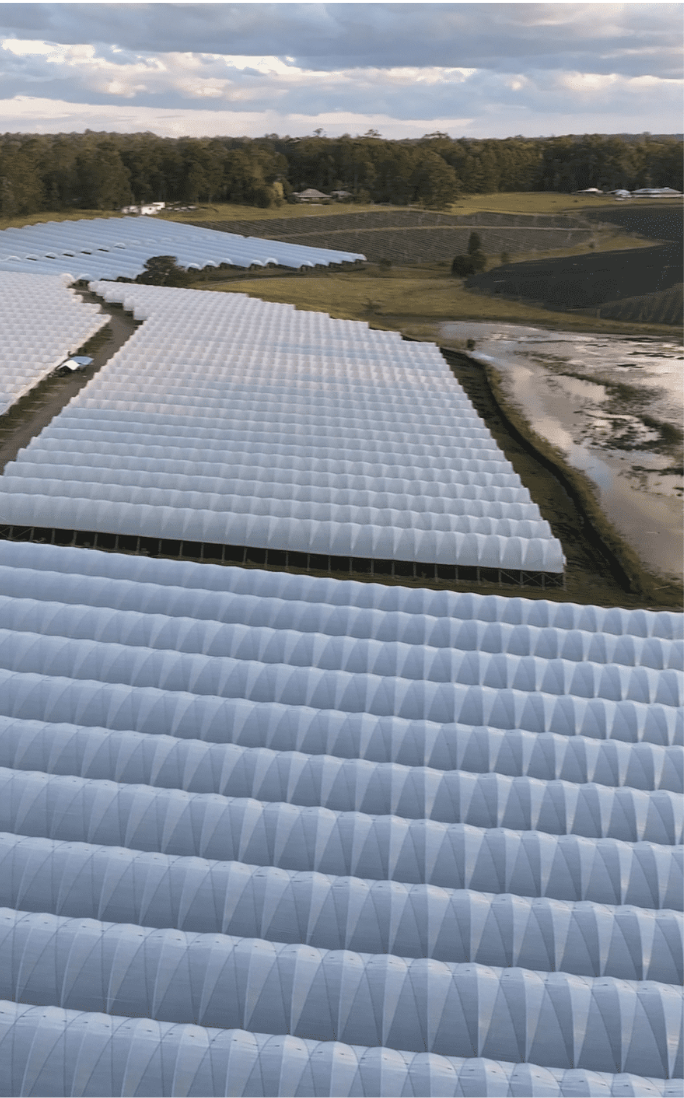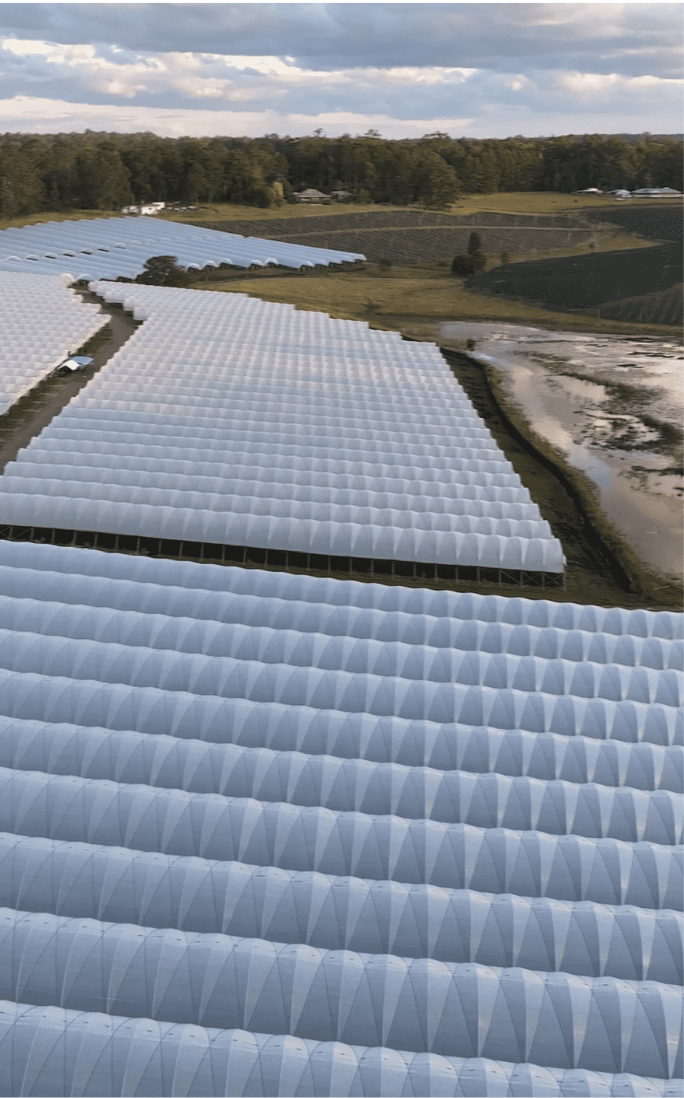What Are Polytunnels?
Polytunnels, also known as polyhouses, are semi-circular or rectangular structures covered with plastic sheeting that serves as a protective layer for crops. Unlike traditional greenhouses, which are often built with glass, polytunnels use polythene covers that are easy to install and maintain. The flexibility of these materials makes polytunnels an affordable and customizable solution for growers who want to protect their crops from extreme weather, pests, and diseases. With the capacity to create a controlled environment, polytunnels can extend the growing season and help farmers produce crops throughout the year.
Types of Polytunnel Plastics
The quality and type of plastic used in a polytunnel’s construction play a crucial role in its effectiveness. Polytunnel plastic, typically made from polyethylene, is specially designed to withstand harsh environmental conditions and provide the right amount of light for plant growth. High-quality polytunnel plastic is durable, UV-resistant, and can last for several years, even under intense sunlight and varying temperatures. It also enhances the tunnel’s insulation properties, helping maintain consistent temperatures within the structure.
Some of the most popular types of polytunnel plastics include:
Standard UV Polythene: A basic plastic cover that offers UV protection and is ideal for most climates.
Thermal Anti-Drip Polythene: This type is designed to reduce condensation within the tunnel, which can help prevent mold and fungal growth.
Light Diffusion Polythene: This material scatters sunlight, allowing it to reach plants from all angles, promoting uniform growth.
Choosing the right type of polytunnel plastic can significantly improve crop yields and reduce maintenance costs by preventing the wear and tear caused by harsh weather.
Advantages of Using Polytunnels in Agriculture
Polytunnels offer numerous benefits that make them suitable for different types of crops, from fruits and vegetables to flowers and herbs. Some key advantages include:
Extended Growing Seasons: By creating a controlled microclimate, polytunnels allow farmers to grow crops outside the typical growing seasons. This is especially beneficial for high-demand crops that may not thrive during colder months.
Protection Against Harsh Weather: Polytunnels act as a barrier against heavy rains, hail, frost, and strong winds. This shelter helps prevent crop damage, ensuring more stable and predictable yields.
Pest and Disease Control: Polytunnels offer a physical barrier against common pests, reducing the need for chemical pesticides. This promotes healthier crops and a more environmentally friendly farming approach.
Enhanced Yield and Quality: The controlled environment within a polytunnel creates ideal growing conditions, often leading to higher crop yields and better quality produce.
Water Efficiency: By reducing the amount of water lost through evaporation,polytunnels plastic make irrigation more efficient, which is particularly useful in regions prone to drought.
Setting Up a Polytunnel
Installing a polytunnel is relatively straightforward and can be customized to fit the available space. However, several factors should be considered for optimal performance, such as choosing the right location, securing the structure, and selecting appropriate polytunnel plastic. Ideally, the site should receive ample sunlight and be sheltered from strong winds, while ensuring easy access for maintenance and crop management.
The framework of a polytunnel is typically made of galvanized steel or aluminum to prevent rust and withstand environmental pressures. The polythene covering is then secured to this framework using clips or specialized fixing systems, creating a stable and durable structure. Ventilation is also essential to regulate temperature and humidity levels, and many polytunnels come equipped with side vents or roll-up doors to facilitate airflow.
The Role of Polytunnel Plastic in Crop Cultivation
Polytunnel plastic is an essential component that significantly affects the functionality of a polytunnel. It’s crucial for regulating light penetration, temperature, and moisture levels, allowing growers to cultivate crops in the best conditions possible. High-quality polytunnel plastic can improve crop health, growth rates, and overall yields.
Additionally, polytunnel plastics can be customized with additives to enhance their durability and performance. For instance, anti-fog additives prevent condensation droplets from forming on the inside surface, while UV stabilizers protect the plastic from solar degradation. By investing in the right polytunnel plastic, farmers can maximize the lifespan of their structure and create a more effective environment for crop growth.






Comments